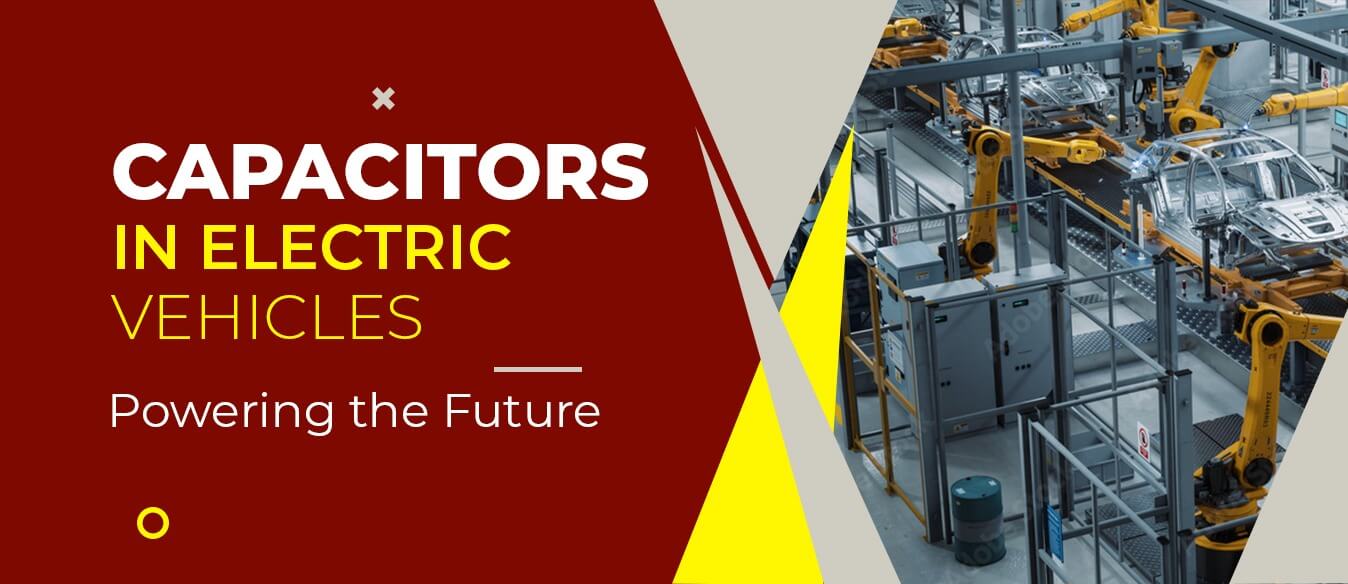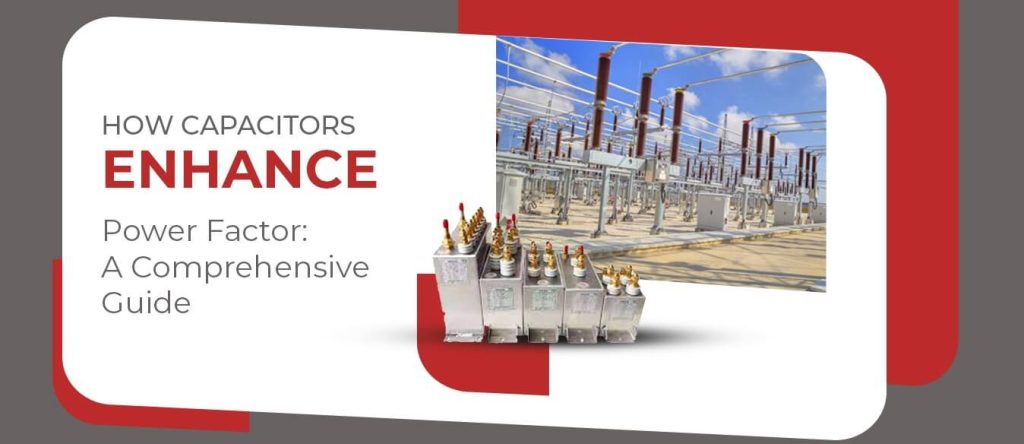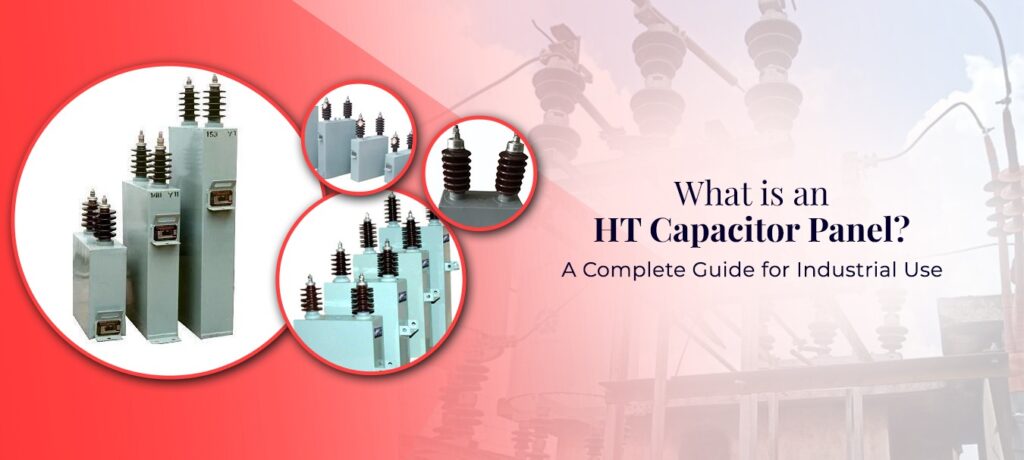The advent of electric vehicles (EVs) has revolutionized the automotive industry, offering a sustainable alternative to traditional gasoline-powered vehicles. One of the key components driving this revolution is the capacitor. This blog post will delve into the role of capacitors in electric vehicles and how they are powering the future of transportation.
Understanding Capacitors
A capacitor is an electronic component that stores and releases electrical energy. It consists of two conductive plates separated by an insulating material, known as a dielectric. When a voltage is applied across the plates, an electric field is created, which causes the plates to store electric charge. Capacitors are crucial components in electric vehicles, playing a significant role in energy storage, power conditioning, and noise filtering.
Role of Capacitors in Electric Vehicles
Energy Storage
In electric vehicles, capacitors work alongside batteries to store and release electrical energy. While batteries are excellent for storing large amounts of energy over a long period, capacitors excel at quickly charging and discharging energy. This makes them ideal for capturing energy during regenerative braking and providing extra power during acceleration.
Power Conditioning
Capacitors also play a vital role in power conditioning. They smooth out the power supply by absorbing and releasing electrical energy, thereby preventing voltage spikes and drops that could damage other components.
Noise Filtering
Capacitors are used in the power electronics of electric vehicles to filter out electrical noise. This ensures a clean power supply for the vehicle’s electronic systems, enhancing their performance and longevity.
Types of Capacitors Used in Electric Vehicles
There are several types of capacitors used in electric vehicles, each with its own advantages and applications.
Electrolytic Capacitors
Electrolytic capacitors are commonly used in the power electronics of electric vehicles due to their high capacitance and voltage ratings. They are ideal for smoothing out the power supply and filtering noise.
Supercapacitors
Supercapacitors, also known as ultracapacitors, can store a large amount of energy and release it quickly. This makes them perfect for regenerative braking systems and providing extra power during acceleration.
Ceramic Capacitors
Ceramic capacitors are used in various electronic systems in electric vehicles due to their small size, reliability, and wide range of capacitance values.
Advantages of Capacitors in EVs
Capacitors offer several advantages that make them well-suited for electric vehicle applications:
Fast Charging
Capacitors have the ability to be charged and discharged at high speeds, which allows for a rapid transfer of energy. This feature is particularly beneficial in electric vehicle charging stations. Here, capacitors can store and release electricity swiftly, facilitating quick charging times. By integrating capacitors into the EV charging infrastructure, the duration of the charging process can be significantly reduced. This makes electric vehicles more convenient and attractive to consumers.
Extended Battery Life
The use of capacitors in conjunction with batteries in electric vehicles can alleviate the stress on the battery. Capacitors are capable of handling the high-frequency and high-power demands of EV systems. This reduces the burden on the battery, thereby extending its overall lifespan. This not only enhances the durability of the battery but also boosts the long-term cost-effectiveness of electric vehicles.
Enhanced Power Delivery
Capacitors serve as a stable and reliable source of energy, ensuring a consistent power supply to various components within an electric vehicle. They aid in minimizing voltage fluctuations, reducing electrical noise, and enhancing the overall performance and longevity of the EV’s electrical system. Furthermore, capacitors improve the responsiveness of electric motors, enabling superior acceleration and an improved driving experience.
The Future of Capacitors in Electric Vehicles
As electric vehicles continue to evolve, so too will the capacitors that power them. Advances in capacitor technology are expected to lead to higher energy density, faster charging and discharging, and improved reliability. These advancements will further enhance the performance and efficiency of electric vehicles, driving the future of sustainable transportation.
The Bottom Line
Capacitors play a crucial role in the operation of electric vehicles, contributing to their energy efficiency, performance, and reliability. As the demand for electric vehicles continues to grow, capacitors will remain at the forefront of this technological revolution, powering the future of transportation.
If you are in search of exceptionally high-quality capacitors that surpass expectations, look no further than Usha Power. With our unwavering commitment to excellence, we take immense pride in providing an extensive array of top-tier capacitors meticulously engineered to cater to your distinctive requirements. Whether you require capacitors for industrial or commercial applications, our diverse product range is sure to encompass the perfect fit for your precise needs. Experience the exceptional performance, reliability, and durability that our capacitors deliver, ensuring optimal functionality and seamless integration into your projects. Trust Usha Power to be your trusted partner in delivering superior capacitor solutions that surpass industry standards and empower your endeavors with uncompromising quality.





